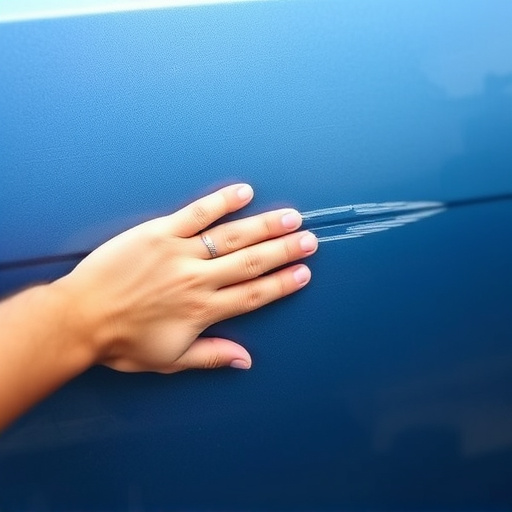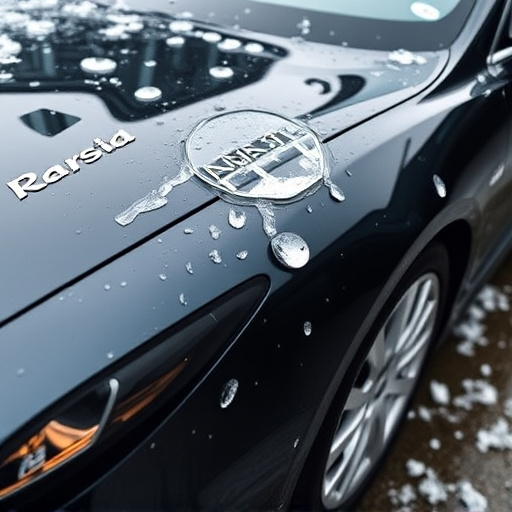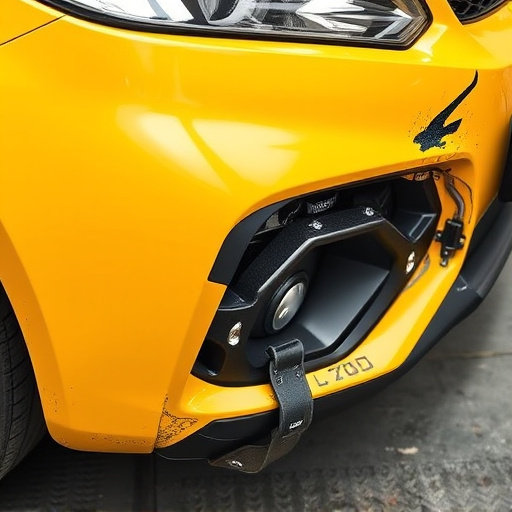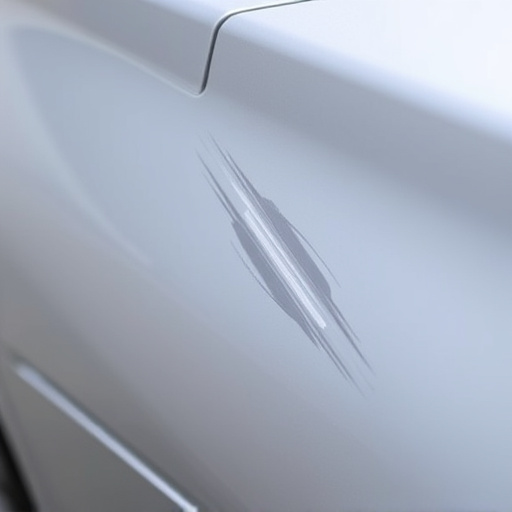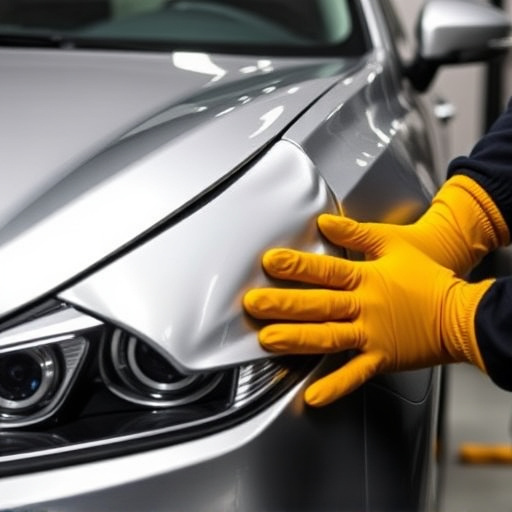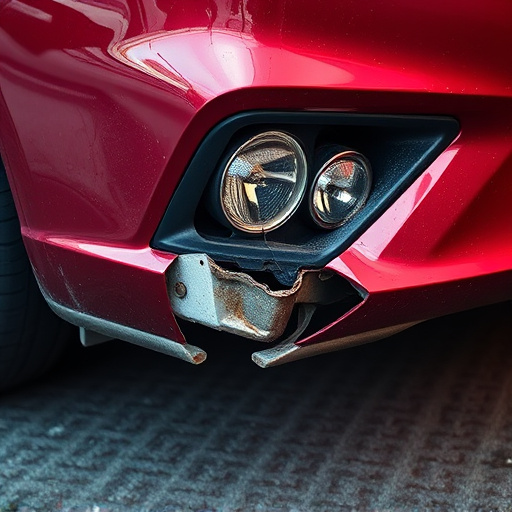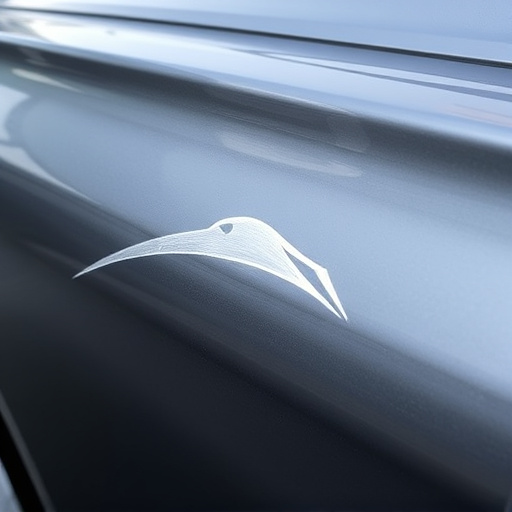Sound deadening materials are crucial in modern vehicle manufacturing and classic car restoration, enhancing comfort, preservation, and resale value. They absorb noise, protect bodywork, and signal vehicle quality, attracting buyers. The automotive industry's focus on sustainability drives innovation in eco-friendly sound deadening compounds, aligning with demand for high-quality repairs.
“Sound deadening materials have become an integral part of modern vehicle design, offering more than just improved silence. Their impact on overall vehicle value is profound, influencing both resale and perceived quality. This article delves into the basics of sound deadening materials, explores their significant effects on car values, and examines environmental considerations while highlighting emerging trends in this dynamic industry.”
- Understanding Sound Deadening Materials: The Basics
- Impact on Resale Value and Perceived Quality
- Environmental Considerations and Future Trends
Understanding Sound Deadening Materials: The Basics
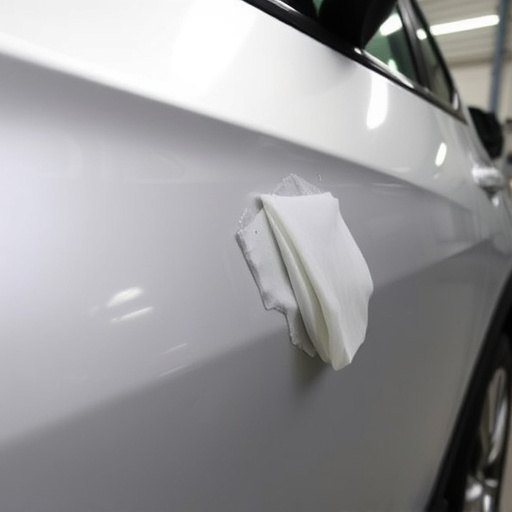
Sound deadening materials are an essential component in modern vehicle manufacturing and automotive maintenance, especially when it comes to enhancing overall driving experience and vehicle value. These materials are designed to absorb and reduce unwanted sound waves, creating a quieter and more comfortable cabin environment. By blocking or minimizing exterior noise, such as engine roar, road rumble, and tire screech, sound deadening treatments offer drivers a more serene and enjoyable ride.
In the realm of classic car restoration and bumper repair, understanding sound deadening materials is crucial for auto body shops aiming to preserve the integrity and authenticity of vintage vehicles. Different types of sound-absorbing compounds, including foam, fiberglass, and acoustic fabrics, are used to line interiors, underbody panels, and even exterior surfaces to combat noise pollution. This process not only improves the car’s resale value but also ensures that classic cars maintain their original aesthetic appeal while providing a modern level of comfort for drivers.
Impact on Resale Value and Perceived Quality

The inclusion of sound deadening materials in vehicle construction can significantly impact a car’s resale value and perceived quality. As these materials effectively reduce noise levels inside the cabin, they enhance the overall driving experience, making vehicles more appealing to potential buyers. Well-insulated cars are often seen as higher-quality vehicles, which can attract a premium when it comes to reselling. This is especially true for those who prioritize comfort and quiet during their journeys.
Additionally, sound deadening materials play a crucial role in the overall aesthetics and protection of a vehicle. They aid in minimizing damage caused by hail or other environmental factors, contributing to better preservation of the car’s bodywork. Consequently, vehicles with intact and effective sound deadening mechanisms are more likely to attract higher prices during resale, as they represent a well-maintained and protected investment, much like receiving top dollar for a car with minimal hail damage in need of fender repair.
Environmental Considerations and Future Trends
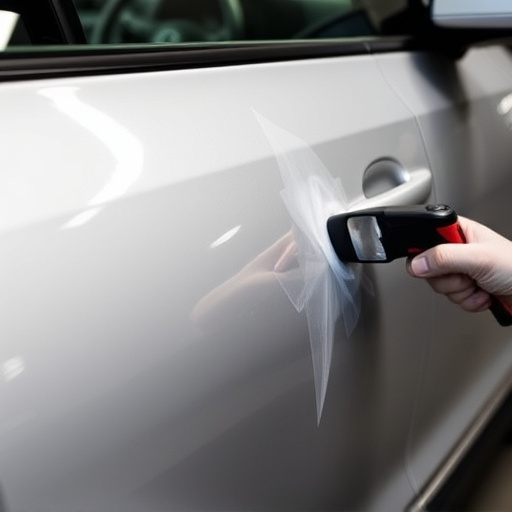
As the automotive industry continues to evolve, there’s a growing emphasis on sustainable and eco-friendly practices. Sound deadening materials play a significant role in this context by contributing to reduced noise pollution, which is not only beneficial for passengers’ comfort but also aligns with environmental considerations. The use of advanced sound dampening technologies can significantly minimize the impact of car collision repair and fleet repair services, making vehicles more environmentally friendly without compromising their structural integrity or performance.
Looking ahead, future trends in sound deadening materials promise even greater efficiency and innovative applications. Developers are exploring new compounds that not only absorb noise but also offer lightweight solutions, enhancing fuel efficiency and overall vehicle performance. This evolution, coupled with the increasing demand for high-quality car paint repair services, is driving the industry to create products that meet stringent environmental standards while maintaining optimal vehicle values in the secondary market.
Sound deadening materials play a significant role in enhancing vehicle performance, comfort, and resale value. By understanding their basics and impact on various aspects of vehicle ownership, car enthusiasts and buyers can make informed decisions. As the automotive industry evolves, focusing on sustainability and innovative technologies, sound deadening materials will continue to shape the driving experience. These advancements not only contribute to a quieter ride but also highlight the growing importance of acoustic comfort in modern vehicles.
